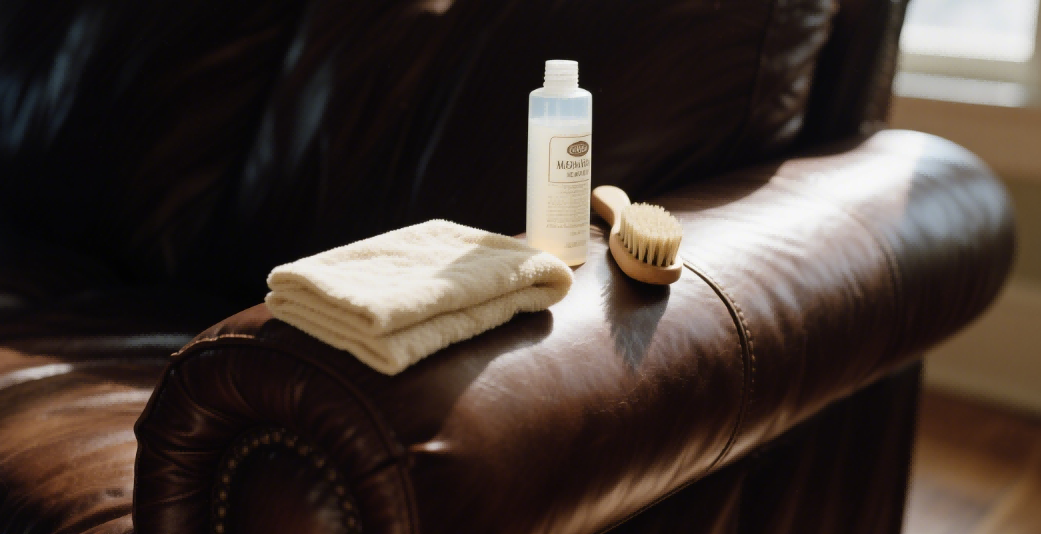How to Properly Maintain Your Sofa for Longevity and Beauty
A Sofa is more than just a piece of furniture; it's the centerpiece of a living room, a place for relaxation, family gatherings, and creating memories. However, without proper maintenance, even the highest-quality sofa can lose its charm over time. To help homeowners keep their sofas in top condition, we've gathered expert advice on sofa care.

Understanding Your Sofa's Material
The first step in effective sofa maintenance is knowing the material of your sofa, as different materials require different care methods.
For leather sofas, experts emphasize the importance of regular cleaning and conditioning. "Leather is a natural material that can dry out and crack if not properly moisturized," says Sarah Johnson, a furniture care specialist. "Wipe the surface with a soft, dry cloth weekly to remove dust. Every 2-3 months, use a leather conditioner specifically designed for your type of leather (aniline, semi-aniline, or protected) to keep it supple." It's also crucial to keep leather sofas away from direct sunlight and heat sources, as these can cause fading and drying.
Fabric sofas come in a wide range of materials, from cotton and linen to polyester and microfiber. "Check the care label first," advises Michael Chen, a textile expert. "Most fabric sofas can be vacuumed weekly to remove dirt and debris. For stains, act quickly—blot the stain with a clean cloth and a mild detergent solution (avoid rubbing, which can spread the stain). Some fabrics are water-resistant, while others may require professional cleaning, so following the manufacturer's instructions is key."
Daily Maintenance Habits
In addition to material-specific care, there are daily habits that can help prolong the life of your sofa.
Fluffing and rotating cushions regularly is essential. "This prevents uneven wear and helps cushions maintain their shape," explains Johnson. "If your sofa has removable cushion covers, wash them according to the care instructions to keep them fresh."
Using sofa covers or throws can also protect your sofa from spills, pet hair, and general wear and tear. "They're an easy and affordable way to extend the life of your sofa, especially if you have kids or pets," says Chen. "Choose covers that are easy to clean and fit your sofa properly."
Avoid placing sharp objects on the sofa, as they can scratch or puncture the material. Also, be mindful of where you sit—sitting on the same spot repeatedly can cause the cushions to sag over time.
Professional Cleaning and Repairs
While regular at-home maintenance is important, professional cleaning and repairs may be necessary from time to time.
"For deep cleaning, especially for fabric sofas with tough stains or heavy soiling, it's best to hire a professional upholstery cleaner," recommends Johnson. "They have the tools and expertise to clean effectively without damaging the fabric." Professional cleaning is typically recommended every 1-2 years, depending on usage.
If your sofa has minor damages, such as a small tear in the fabric or a loose seam, address them promptly. "Ignoring small issues can lead to bigger problems down the line," says Chen. "Many furniture stores offer repair services, or you can hire a professional upholsterer to fix the damage."
By following these expert tips, you can ensure that your sofa remains a comfortable and beautiful part of your home for years to come. Remember, a little care and attention go a long way in preserving the life and appearance of your sofa.
Previous: How to Boost Sofa Sales



